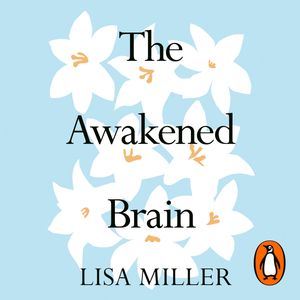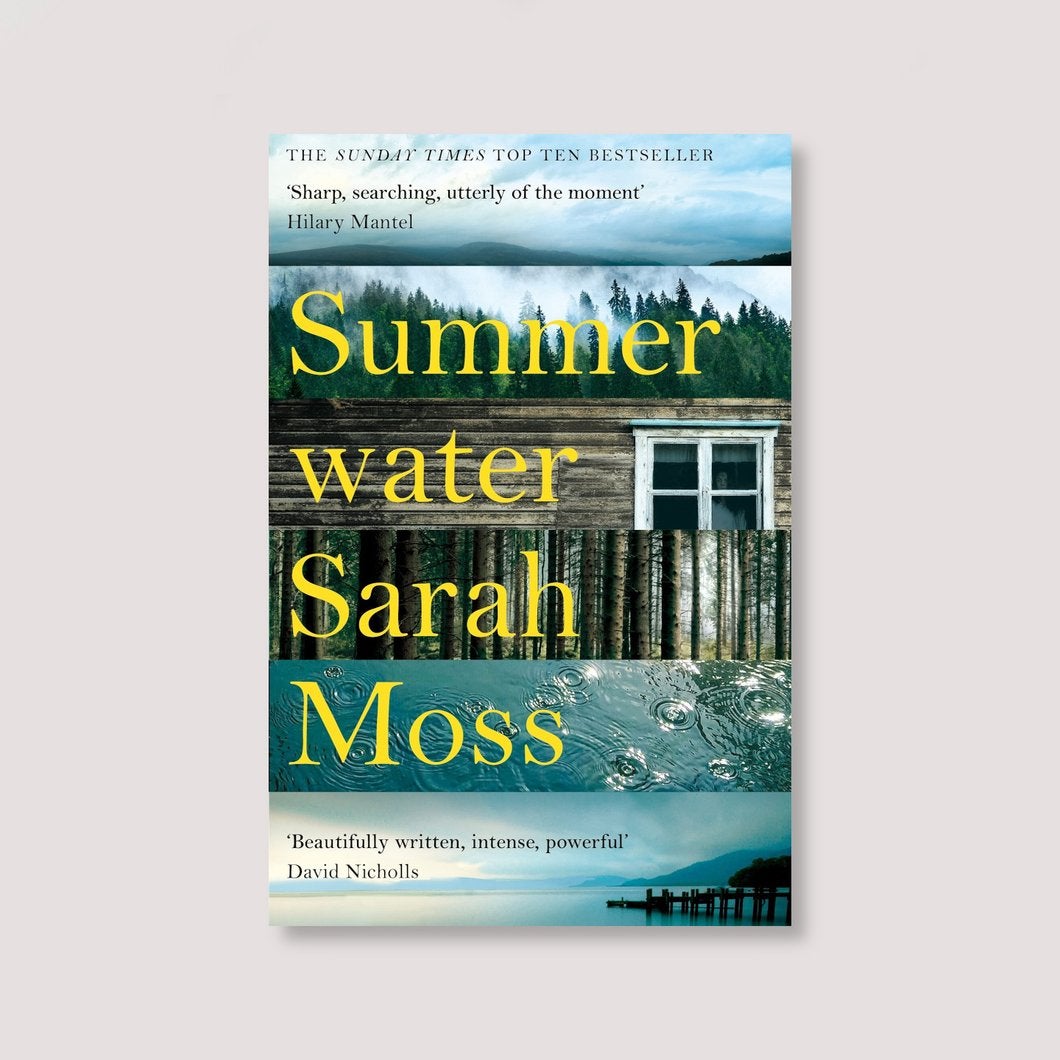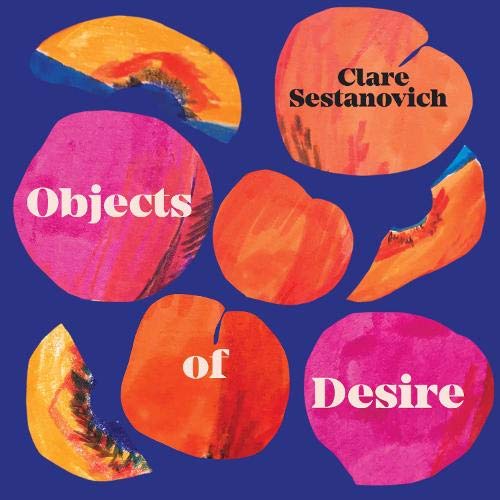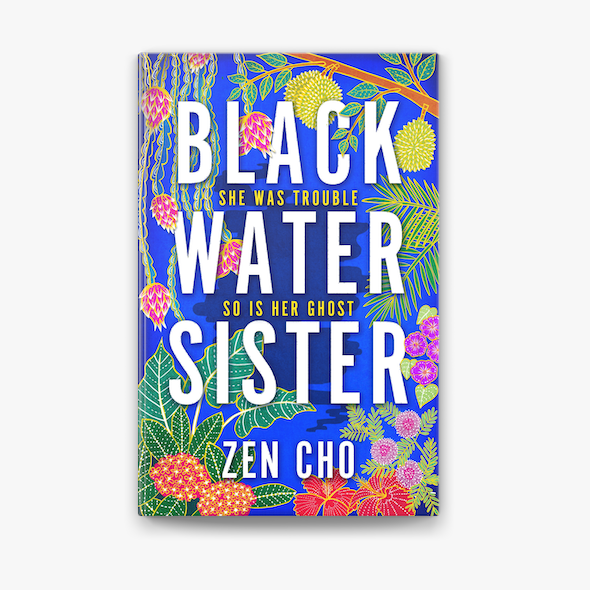I Swapped My Phone Screen Time With Reading Books For A Week
Photographed by Tino Chiwariro
Screen time has long been a source of anxiety. While there’s been an ongoing worry about how much time is spent looking at screens (especially for children), it wasn’t until the introduction of Screen Time on iPhones and Digital Wellbeing tools to Android phones in 2018 that we were given an unabashed look at our phone usage. A breakdown of how much time we spent pawing at our devices, whether we were endlessly scrolling social media or checking the best route to work, was now being recorded in the same rectangle we were clutching, ready to expose us.
The numbers that emerged following these releases weren’t necessarily surprising, but were jarring. Average phone screen time in Australia stands at around five and a half hours per days, according to Reviews April 2021 survey. That adds up to over 83 days a year. And while we don’t have exact data on how the past year has affected our phone screen time, you can extrapolate that the impact hasn’t been good.
AdvertisementADVERTISEMENT
Much like the thinking around productivity that emerged during 2020, having an identifiable period of time spent on your phone that on reflection feels ‘wasted’ has led to some (many) thinking about what they could do with that time instead. Learn French! Develop a skill! And, as shown in this YouTube challenge started by The Book Leo, read more.
Reading has been hard in the pandemic. No matter how much you enjoy it, the pulls on your attention over the past year and a half have been stronger than ever — with easy and entertaining distractions like social media or binge-watching TV feeling far more accessible as a way to pass the time or alleviate anxiety. This is in part due to the nature of attention required for reading — reading takes just that bit more effort, focus, and engagement than other forms of entertainment. And when your focus is divided (as it would be in a pandemic), making that perceived bit of effort can feel too much. Another obstacle? Allocated reading times for many people (commutes, lunchtimes) have all been lost.
Which is how I ended up deciding to funnel my phone screen time (a princely two hours, 35 minutes daily) into assigned reading times. My mission is less to do with reducing my screen time overall — I am a former social media professional and have therefore long-deleted social media from my phone, and use it primarily as a tool to get around and to help manage my anxiety (shout out to the Headspace app and also the game Matchington Mansion). Nonetheless, my attention is very scattered right now, and I’m surrounded by books I want to read but don’t make the effort for. Instead I float around, and rely on habits that dull anxiety without having to really think: watching Grey’s Anatomy or passively knitting. I want to read again, but I need a kickstart to do it.
AdvertisementADVERTISEMENT
The week ahead is one with limited social engagements but a significant amount of self-care scheduled: the pandemic has, shockingly, not been great for my OCD and I’m currently working hard on learning how to manage flare-ups, which means daily meditation exercises as well as improving sleep hygiene and exercising. Prioritising reading within this and working full-time adds its own challenges.
Day One
I decide to get a head start by reading during my lunchtime, time when I’d normally piss about on YouTube or cook or, when it’s not so hot out, go for a run. Deciding to do this already feels like a positive — I am so out of practice with organising my time that having to find space to read forces me to give structure to the other habits I’m trying to develop.
I pick up Black Water Sister by Zen Cho which I barely started a couple of weeks ago. My mind meandered but for the most part, I’m absorbed in the narrative of a Malaysian-American lesbian woman who moved back to Malaysia where she is haunted by the ghost of her grandmother. What amazes me the most is how sleepy I am by the end of 50 minutes — I’m not used to my only stimulus being words on a page. Return to work calmer but dazed.
After grocery shopping, cooking, and eating dinner I then had about an hour and 45 minutes remaining before I knew I’d be too tired to focus. So I settled in for the evening but made the mistake of reading in the living room while my wife was watching Grey’s Anatomy. I was listening to one of the Headspace focus playlists to drown out Meredith’s ongoing drama but I wasn’t fully focused all the time. What can I say? It’s a good show! But I did read hit my target time and, more importantly, got really into Black Water Sister.
AdvertisementADVERTISEMENT
Day Two
I got off to a good start today — I had my second vaccine appointment in the morning before work which meant I had the long lost commute there and back for reading. I managed a full 40 minutes before my workday. It made me smug, sure, but also nostalgic for times when I’d be so absorbed in reading I’d be wandering between tube platforms nose in book. By forcing myself to engage in it I got a glimpse back at how engaging reading can be.
It helps that the book is about ghost possession, Malaysia and lesbians. All tick boxes for me.
I finished the rest of my reading after work, slumped on the bed like a teenager. I ended up finishing the book (in two days!) and got to go pick out another one which was a fun treat 10 minutes before my timer ran out.
Day Three
Reading-wise, today held a lot of promise. I had no plans as after my last vaccine I felt horrendous so I left the day open for fevering and feeling generally hungover. But somehow I got away with it — waking up with only a headache and the feeling that I could have slept for far longer.
The most revealing thing for me so far about this experiment is how shot my focus is. Distractions have become such a normal part of how I move through the world that having a singular focus on what I’m reading for a sustained period of time feels foreign. And I don’t always do anything to help myself.
AdvertisementADVERTISEMENT
I split my reading down the middle. The first half I do in front of the Olympics — the sounds of archery and the gentle commentary are far less distracting than Meredith pulling a literal bomb out of someone’s chest (?!) which means I can actually focus on the words in front of me. I’ve started a new book now, this time Objects Of Desire, a set of short stories by Claire Sestanovich that I’ve heard good things about. They’re not really resonating with me but with short stories there is always the promise that the next one is the one that secretly brings the collection to life.
Reading bookends my day as I do the other half (one hour and 20 minutes) before bed. There’s a strange tension when something is both an obligation and a source of genuine enjoyment. It’s kind of like exercising or meditating: I have to do it for this required amount of time for whatever reason, but once I settle into it, it’s enjoyable.
Day Four
The thing about an obligation of this kind is that it attempts to put a structure on our time, but the structure is entirely invented, held up only by force of will. It’s like a spider web in the path of a passing truck when life gets in the way. And today, life got in the way.
I overslept, before having the unenviable task of cleaning our old flat ahead of key handover. This, followed by general life admin meant the bulk of my day was not spent absorbed in reading. And once I had the time to do so, I found it hard.
AdvertisementADVERTISEMENT
In the end I only managed an hour and 35 minutes today. It feels almost obscene to say ‘only’ given how much time that is spent doing something I enjoy but the goal time was lurking above any enjoyment, made worse by the fact I wasn’t really enjoying the short stories. And while I’m normally a big proponent of not forcing yourself to read something you’re not enjoying, the fact that the next story could be the one that made me ‘get’ the collection kept me plodding on. Happily, I enjoy the last story and then get to pick another book to read the next day — this time the novella Summerwater by Sarah Moss.
Day Five
Life continues to get in the way. Everyday things like cooking, cleaning, and restorative things I have to do for my mental health like meditating, running, going to bed by a certain time — these all eat into an otherwise yawning open evening, making carving out a set amount of time to read a source of stress in itself.
But as with everything else listed above, once I was doing reading I could feel it slightly shift the cadence of the anxiety rumbling in the back of my head. I felt calmer, more absorbed and drawn into the book in my hand, making reading for a full two hours and 30 minutes far easier.
AdvertisementADVERTISEMENT
Summerwater is an evocative, almost claustrophobic multi-person narrative that charts one summer day in a Scottish holiday park through the running thoughts of different characters. As an anxious person, I found it comforting that everyone’s brain was running in a stream of consciousness, while the characters painted through this stream felt very real. It reads like a window into the minds of a coincidental community thrown together by chance at the end of an otherwise average, rainy day.
I ended up finishing Summerwater at a pelt and moved onto my first non-fiction title — The Awakened Brain by Lisa Miller.
Day Six
Your quality of engagement really shifts when you are obliged to do something. While I spent two hours sat still after work making my way through The Awakened Brain (which is a look at how our psychological make-up is bound up with spirituality and why that matters), it felt like harder work because I had to do it.
I spoke to my friend on the phone in an attempt to process this after I’d finished my reading. In trying to make sure we do what brings us joy or calmness in life, we try to fit it into our days in small pockets of time so it doesn’t feel overwhelming. While this is helpful scheduling-wise, it skews the approach: whether or not we have the ‘time’ for something matters less than how much we are able to really engage in it and absorb it.
AdvertisementADVERTISEMENT
“
In trying to make sure we do what brings us joy or calmness in life, we try to fit it into our days in small pockets of time so it doesn’t feel overwhelming. While this is helpful scheduling wise, it skews the approach: whether or not we have the ‘time’ for something matters less than how much we are able to really engage in it and absorb it.
”
At this point in the experiment my ability to engage and absorb is not at its peak. For various reasons my head feels like it is constantly buzzing and, while it’s not making it worse, reading isn’t helping me manage that on this particular day. Which is neither an indictment on the book I’m reading or my own mental state, just an unfortunate coincidence in the middle of a reading challenge.
Day Seven
My final day is not a victorious one.
Life, once again, got in the way. This time it was because my wife got her second vaccine on Tuesday and had a fever all night. It eventually passed but her terrible night’s sleep meant I also got an awful one and spent the whole day feeling… off. I put off reading until after work when I spent 40 minutes reading in the bath, listening to the rain. I planned to finish the rest after dinner but once I’d eaten and settled down I was feeling the soothing but maybe ill-advised effects of the bath. Despite being both into what I was reading and bound by obligation to keep reading, I could barely keep my eyes open. I gave up when I hit the hour mark and ended up in bed, lights out, by 9.30pm. Adulthood!
This week started out as two things: an attempt to relearn the joy of reading, and an experiment in focus. It was not really meant to reduce my screen time, which is a good thing given that it actually went up by an average of 20 minutes (!).
AdvertisementADVERTISEMENT
Unsurprisingly, the days that skewed the average, day three and day six, coincided with more intense days for me: the vaccine and commuting for the former, and a bad mental health day for the latter. Without my phone on those days I wouldn’t have found the vaccine centre or been able to listen to tube sound cancelling music, and I wouldn’t have had the apps that distract and dull my anxiety at its worst.
Life in all its forms gets in the way of the targets we set ourselves: whether they are arbitrary goals of minutes spent reading or a wider goal of improving focus. But the exercise of having those targets reaffirmed for me that our screen time itself isn’t the source of all our problems.
Over this week I genuinely did relearn the joy of reading when you make it your go-to activity instead of turning to a screen by default instead. I read two and a half books I loved and one that brought me around by the end, and I found myself looking forward to what I was reading, even if I was dreading the obligation of a set number of hours. And it is true that reading as a default activity has been made harder with the siren call of particularly addictive apps.
But centring our lack of focus or reading solely on our phones seems reductive. Phones are not just time wasters but are at this point essential tools: they are our maps, our schedules, our means of communication, our coping mechanisms (hi Matchington Mansion) and our guided meditations. We don’t need to cull our screen time, we just need to reframe it.
AdvertisementADVERTISEMENT
Instead of trying to always read every day or never waste time on our phones, this week reminded me that the point should not be ticking boxes in our self-care like That Girl, but making ourselves prioritise what we love and makes us feel good. Some days that’s just lying in front of Disney+ for hours on end while scrolling TikTok. But the things that take a bit more effort (whether that’s exercise, reading, calling friends, meditating) should be what we try and reach for before we settle into the more passive forms of entertainment. Only when we present it to ourselves as a primary option (but not an obligation) can we regularly find the joy in it, instead of feeling like it is a burden or impossible to get back into. And in doing that, our ability to focus on it feels far more organic, instead of like trying to force a square book into a round head.
Total hours spent reading: 14 hours and 50 minutes
Total books read: Three and a half books
Average screen time by the end of the week: Two hours and 55 minutes
Total minutes spent playing Matchington Mansion: no comment
AdvertisementADVERTISEMENT










